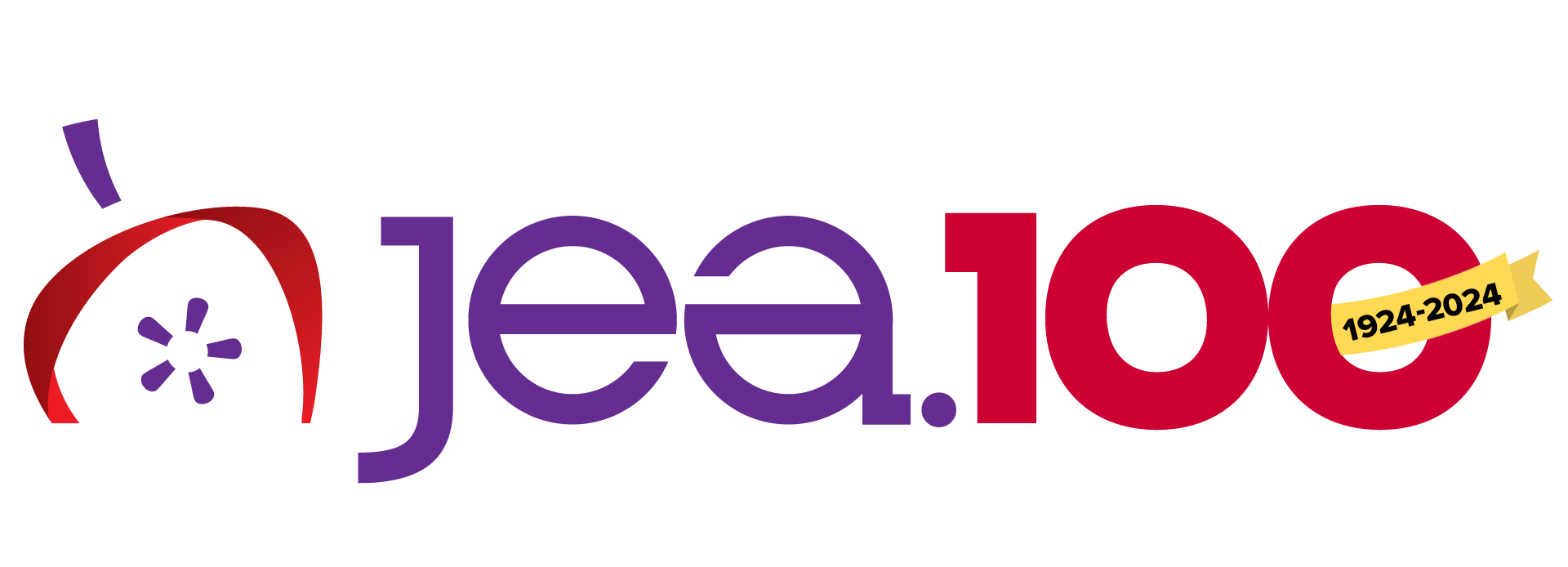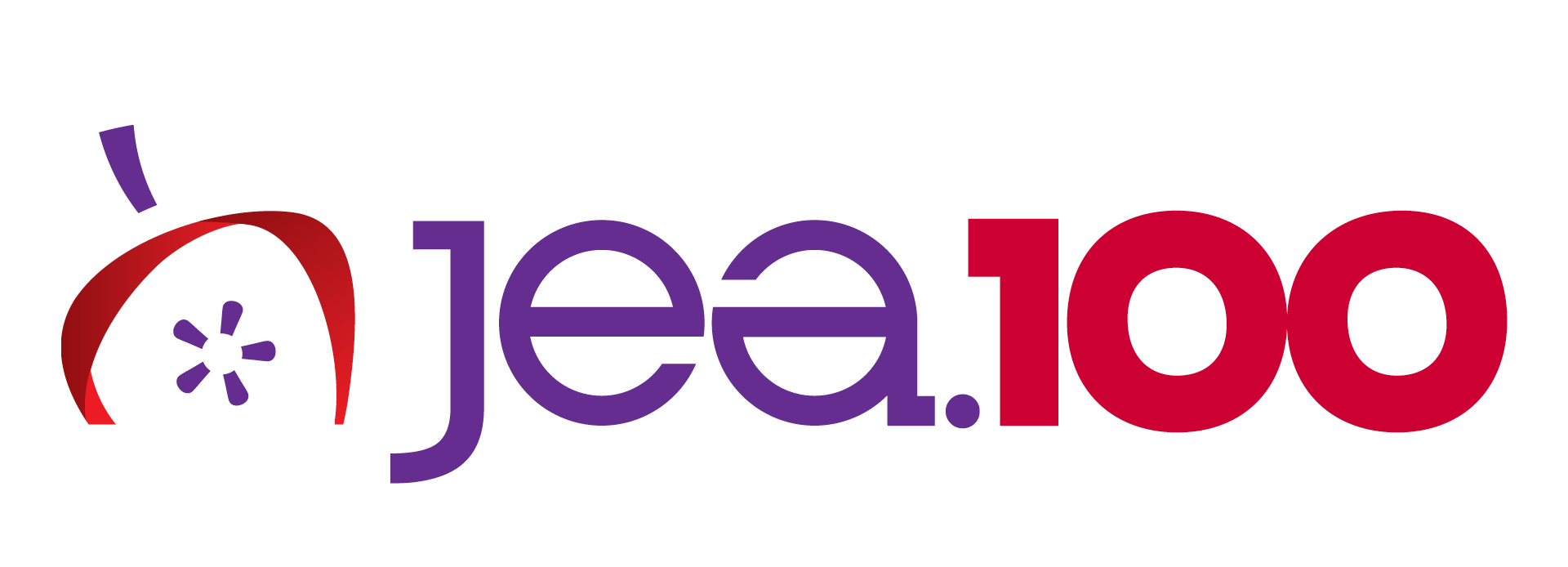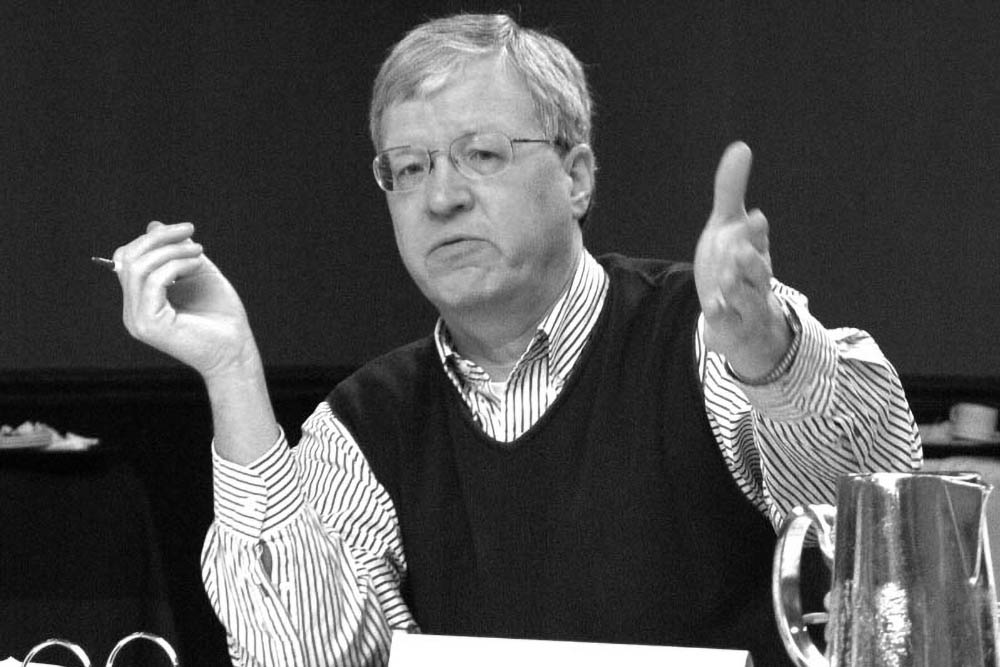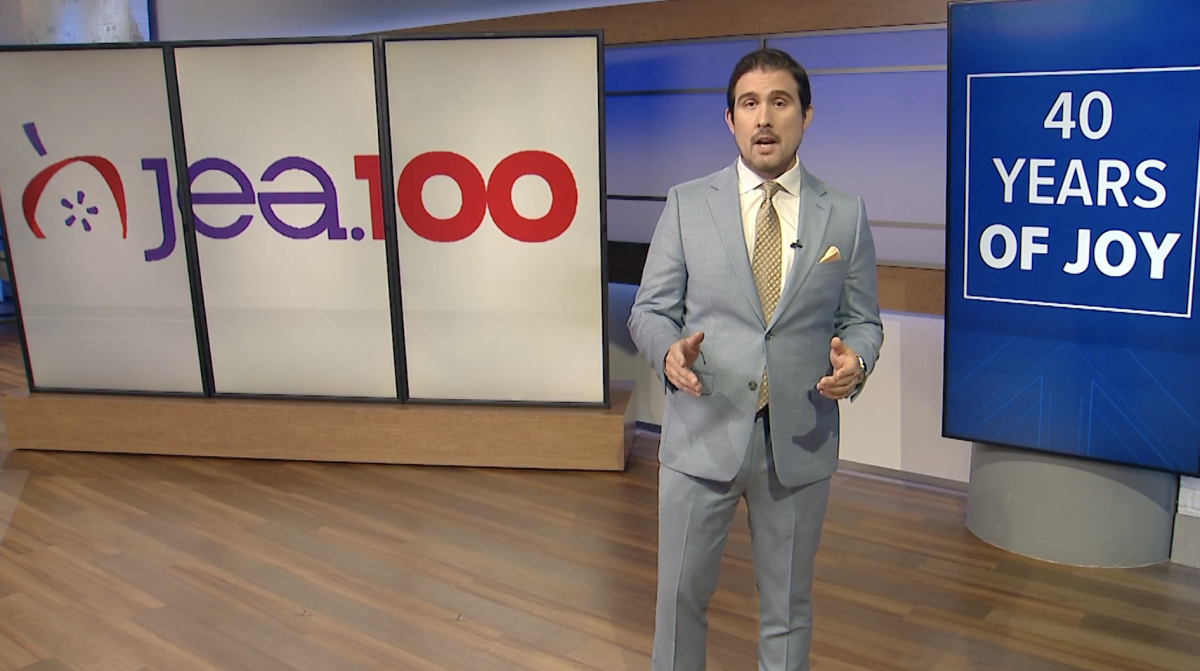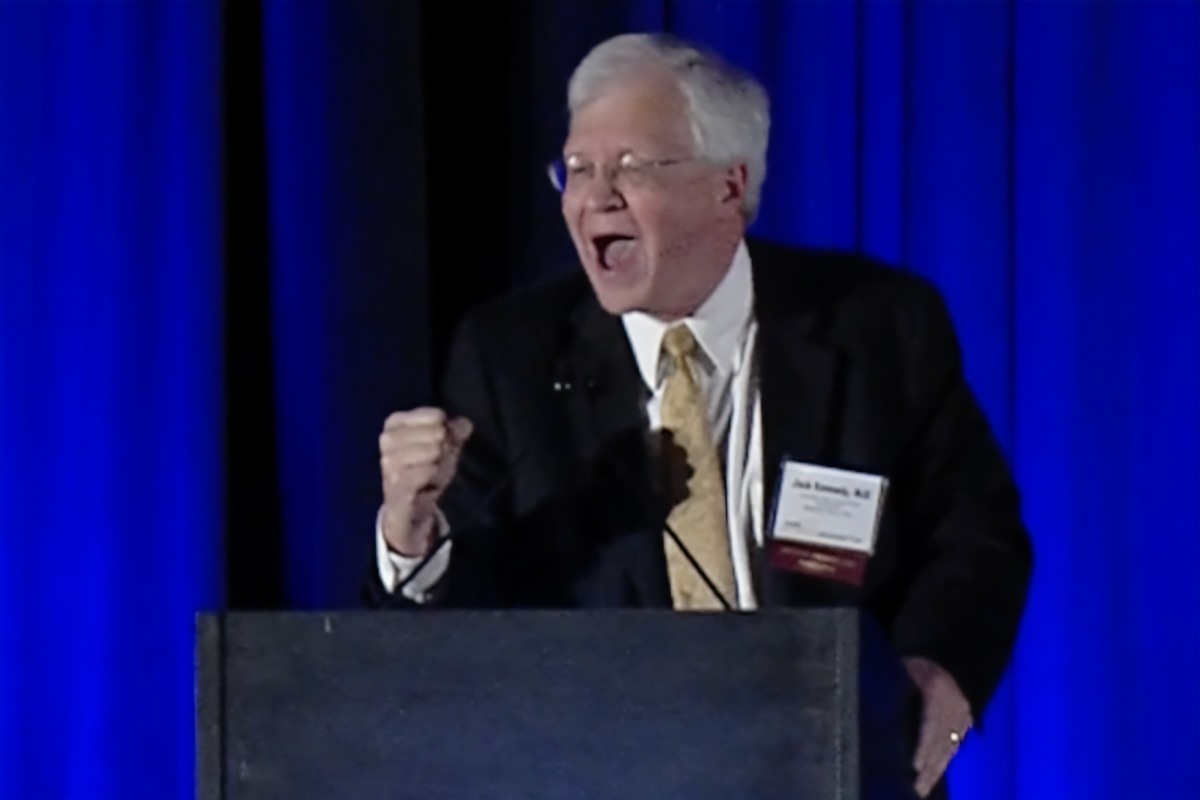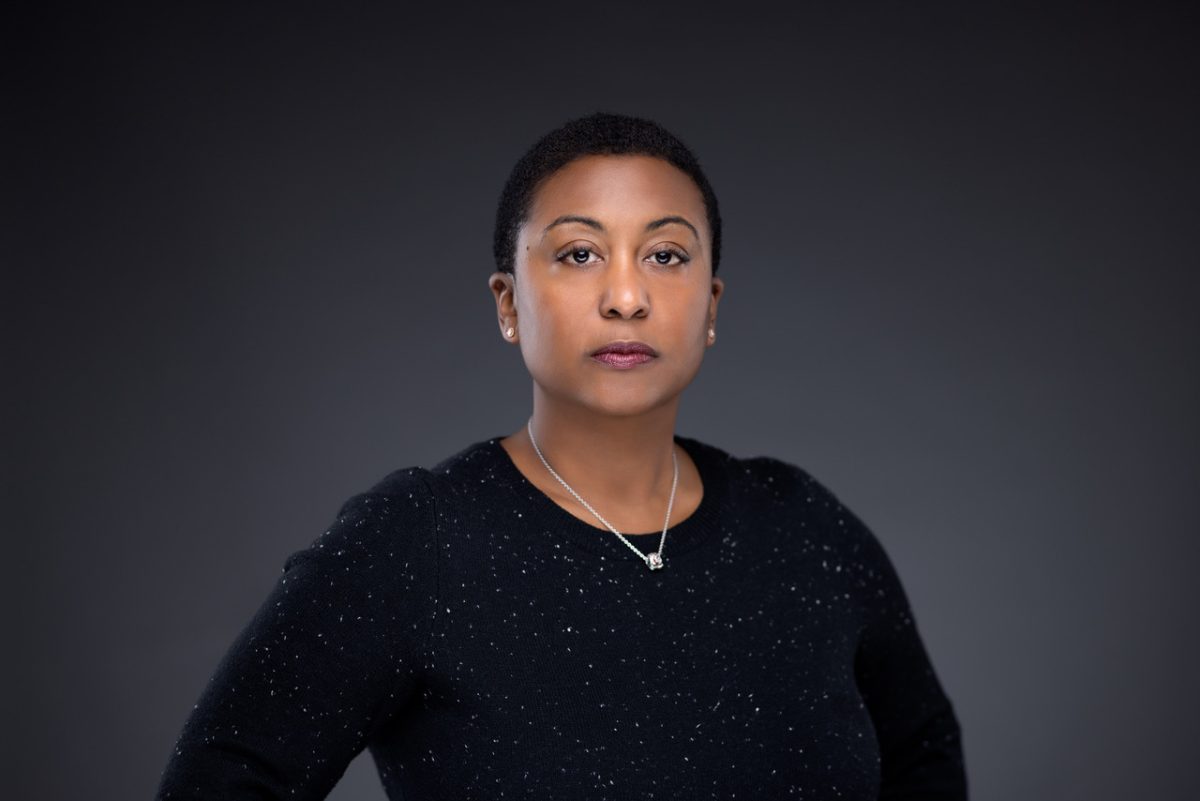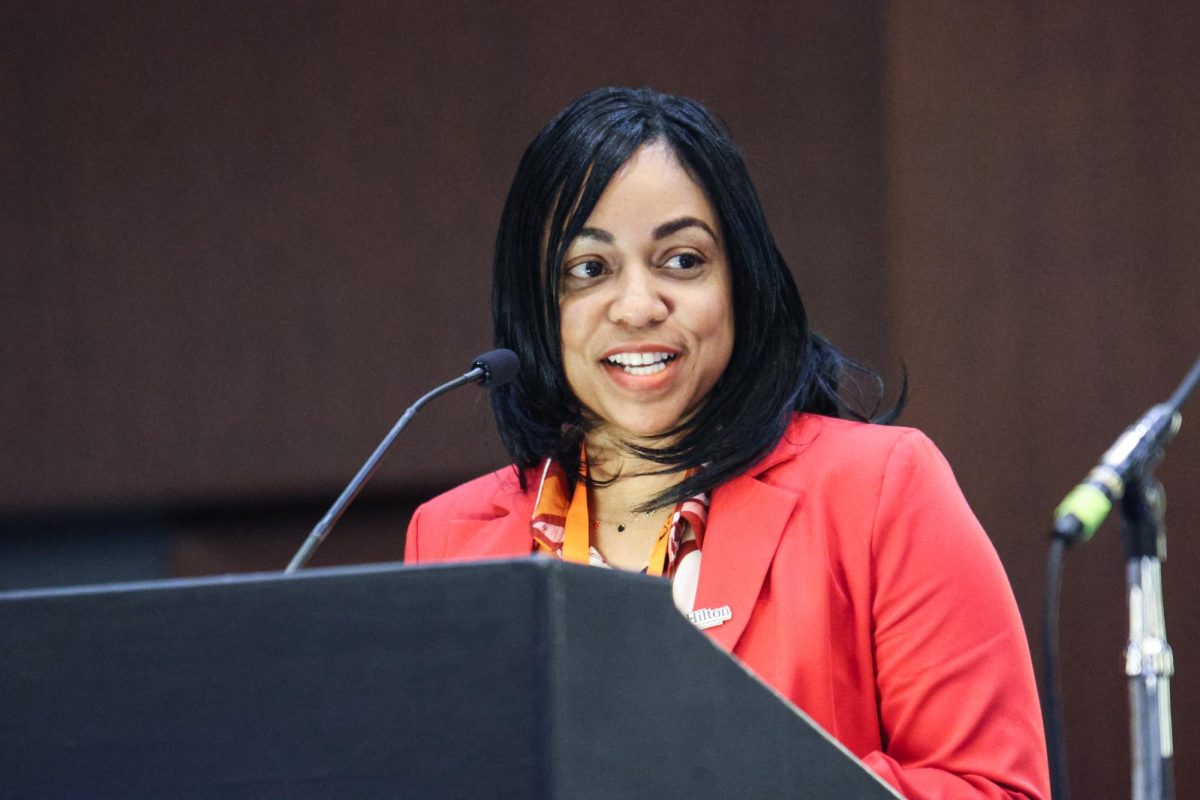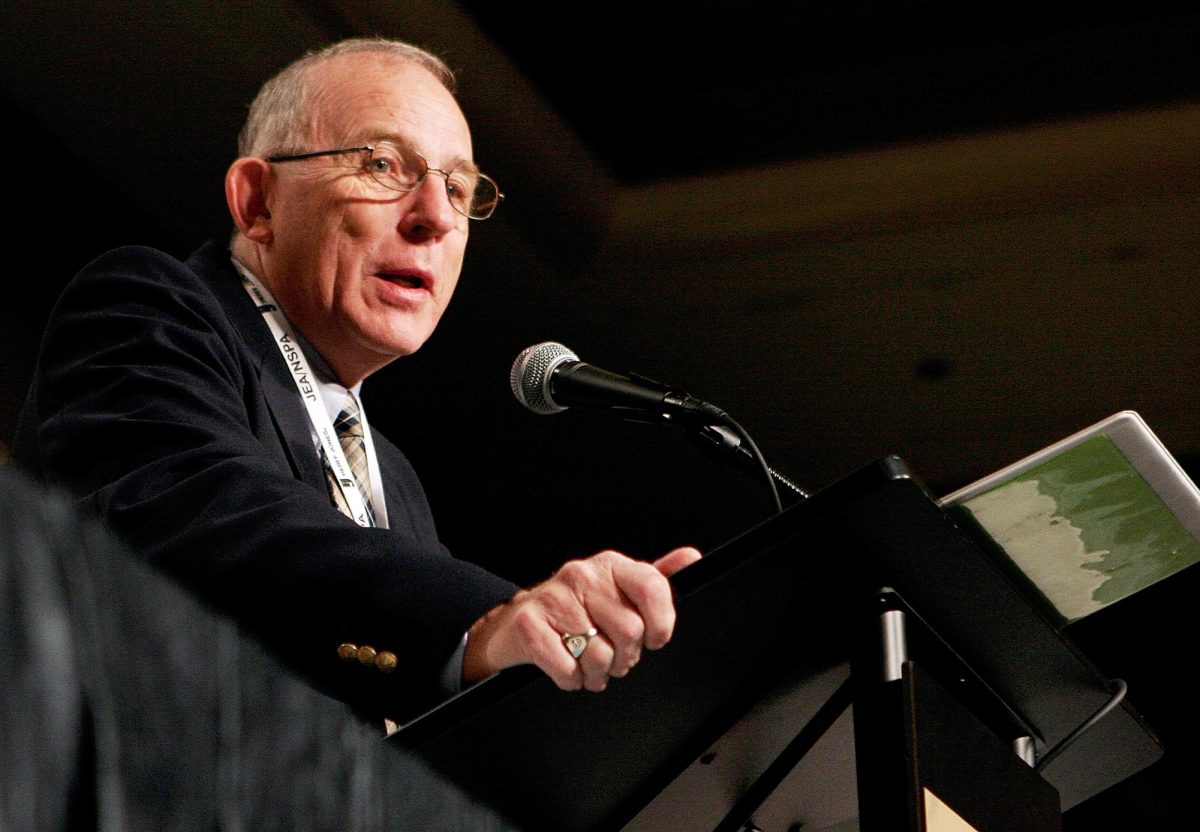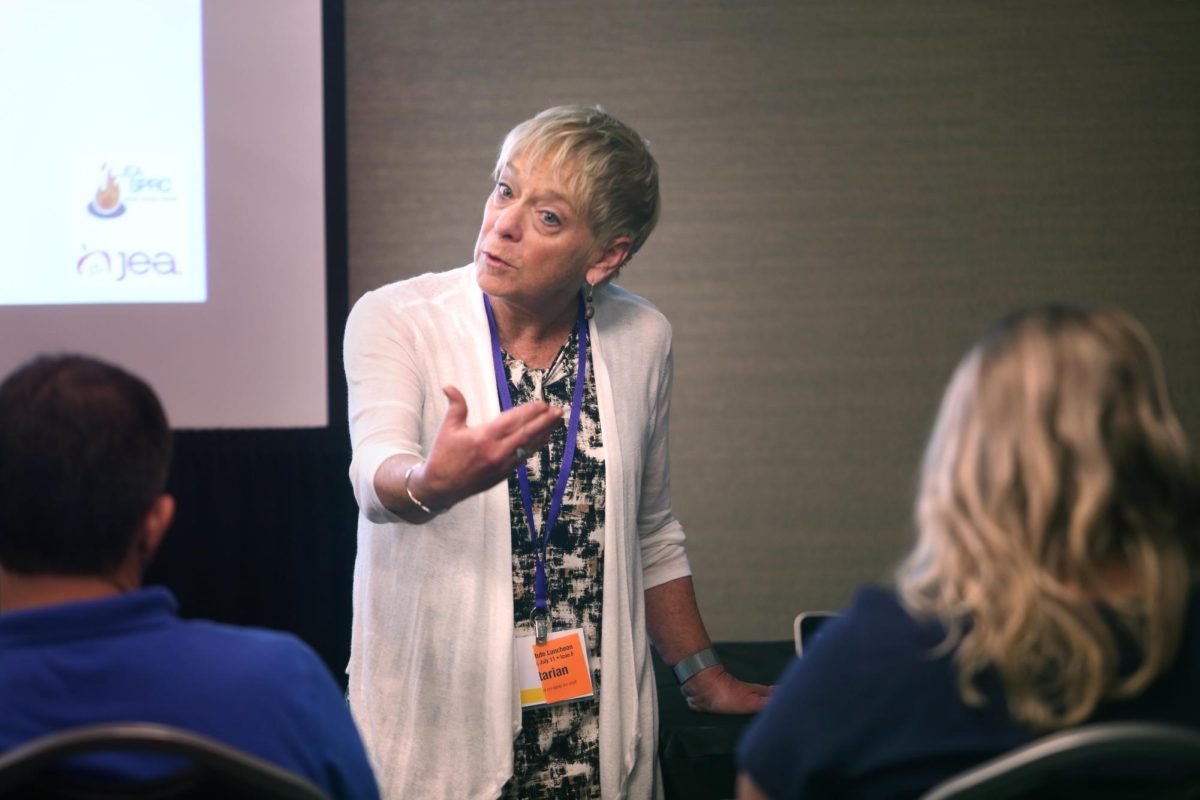Jack Kennedy loves art, theatre, music, writing, teaching and working with scholastic journalism programs. He began teaching journalism at City High School in Iowa City in 1980 and retired from his scholastic journalism career in 2020 when he stepped down as Executive Director of Colorado Student Media Association. Along the way, he and the publications he advised received virtually every recognition available.
Kennedy was named the Dow Jones High School Journalism Teacher of the Year in 1993, received the Gold Key from Columbia Scholastic Press Association in 1989, the Pioneer award from National Scholastic Press Association in 1996, JEA’s Carl Towley award in 2004 and Lifetime Achievement award in 2015.
How did you get started in journalism?
I began advising for my alma mater (Regina HS in Iowa City) in 1977, taking on yearbook and newspaper along with six English preps and coaching 9th grade football, varsity girls basketball, and varsity baseball. I know, we all used to have way more energy… and all that led to me making about $11,000 that school year. Woohoo!
Fun fact: I was the sports editor of the Regina Spectrum my senior year, though my finest hour was my review of a Simon and Garfunkel concert on the University of Iowa campus.
My first yearbook rep presented me with a set of steak knives when I signed a renewal and I just assumed that was what advisers should get in appreciation. In my eventual one year as a Jostens rep in 2001, I often wondered if I might have been more successful using such personal gifts. Full disclosure: I never reported the knives to Father Benda, the principal. And we used them for many years.
Advising in Iowa City was the key to any success and longevity I enjoyed as an adviser. Between Dick Johns at Quill & Scroll and John Butler from the Iowa High School Press Association, I felt supported even though I knew next-to-nothing. John sent me a letter out of the blue saying we were doing OK in the middle of my second year advising. He most certainly was stretching the truth, but that led me to join IHPSA. Obviously, he was a good recruiter.
Iowa’s summer advising workshops saved my bacon over and over, and I learned from legends such as Rod Vahl, Ben Van Zante and, of course, Dick Johns. I often think of a winter Saturday when John Cutsinger presented a workshop on the potential of using the little-know desktop publishing software and PageMaker 1.0. One of the ways he sold the idea of trying desktop publishing? To be the teacher with the coolest handouts in the building. Enough said.
What was your first involvement in JEA?
I joined in 1983, just in time for the St. Louis national convention that fall and was invited by Dick Johns to room with him… no students and no idea what a convention was like. I remember joining Dick and Mary Benedict (an Indiana legend) for dinner at a rotating restaurant overlooking the city. Friends like Dick were my gateway into JEA and the incredible educators who have made JEA what it is over many years.
How has your involvement in JEA affected your career?
My “post-grad” advising education came from state and national conventions. Without the suitcases of handouts that I would bring home after each gathering, I would have had a short and undistinguished career. I stole and borrowed shamelessly.
When I started taking students to conventions in 1984 is when things really took off as the students came back with their own new ideas and insights and inspiration. Then I just had to get out of their way.
Over several decades and dozens of national conventions I learned that a guy could have family members he only saw a couple times a year, and that journalism advisers are hands down the most generous teachers you will ever meet. It’s always been a bit of an “us against the world” attitude for advisers, partly due to taking some hits along the way as we support student voices and partly because we are usually the only media adviser in our schools.
But, thanks to JEA, we don’t really need to feel alone.
What was the most significant action the board took when you were president?
We were in early stages of reorganizing and rethinking the board, beginning with enacting term limits, thus opening up leadership positions to more members.”
How important has JEA been to you personally?
My time as past president ended May 1, 2014. Technically, a past president is always a past president, a friend tells me, but I no longer am part of the voting board of JEA. However, I still care. I was the local chair of the Spring JEA/NSPA National High School Journalism Convention in Denver, April 16-19, 2015.
Best moment or memory of JEA?
I led a lot of sessions over the years and tried my best to put together visually engaging slide shows (starting with 35mm slides in carousels) and PowerPoints. But there was a time when a speaker scheduled to talk about editorial writing did not show up – maybe a D.C. convention – and I happened to be wandering the halls helping kids find their way.
Our members are not happy when a session is cancelled, and I don’t blame them.
I made a snap decision to take on the editorial session, with no AV and no notes. Crisis averted. The room was packed, with students literally sitting at my feet, and it was terrific (or at least I thought so). Working without a net is exhilarating.
What is one thing you would like to see JEA focus on?
I often bemoan the “journalism ghetto,” which is what I call the “elite” group of students who we admit to media work. What if parents, the general public, school boards, principals and our fellow teachers saw that ALL students would benefit from having opportunities to report, to analyze, and to publish in various forms?
